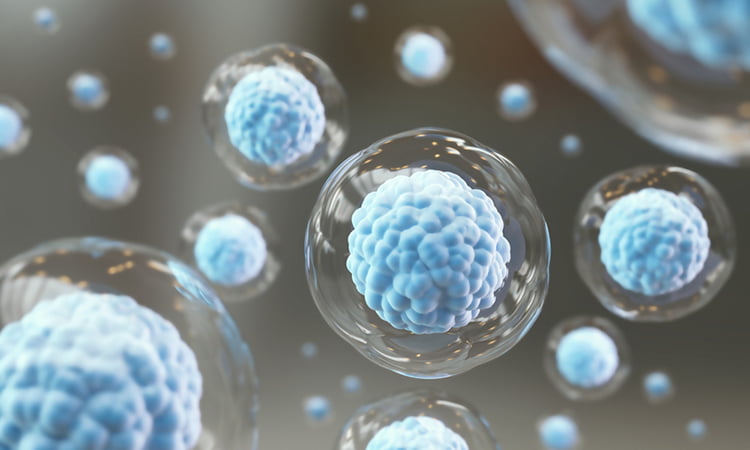New bioprocess generates haematopoietic stem and progenitor cells
Posted: 10 November 2020 | Victoria Rees (Drug Target Review) | 1 comment
A new single-use, closed-system upstream bioprocess has been developed which enables the production of large number of haematopoietic stem cells and progenitor cells.


A new study has demonstrated the use of a clinically relevant single-use, closed-system bioprocess capable of generating large numbers of haematopoietic stem cells and progenitor cells that maintain in vivo and in vitro developmental potential. The study was conducted at the University of Toronto, Canada.
According to the researchers, the clinical potential of umbilical cord blood-derived stem and progenitor cells has been demonstrated in various animal and human transplantation studies. However, the need for increased numbers of appropriate umbilical cord blood-derived cells continues to limit the development and success of these therapies. Ex vivo expansion has been widely studied as a method to overcome this limitation.
The researchers designed a single-use, closed-system bioprocess that incorporated inline subpopulation selection and media dilution/exchange capacities. The bioprocess used in the study consisted of two gas-permeable cell culture bags and a subpopulation selection element.
The bioprocess was assembled in a sterile hood, with the subpopulation selection element fabricated through tubing. With the selection element then autoclaved, one bag was fitted with self-sealing rubber septa at each of its inlet ports. The other bag was also fitted with a rubber septum and served as the secondary culture bag. Two three-way stopcocks were attached to each male luer fitting of the sterilised selection element. The researchers then attached a threaded-lock cannula to each stopcock. The cannulae formed a sterile connection with the self-sealing rubber septa on the culture bags. The selection element was then connected between the two culture bags.
In addition to expanded numbers of CD34+ cells, CD34+CD38− cells, colony-forming cells and long-term culture-initiating cells, the team’s new bioprocess generated over three times more long-term non-obese diabetic and severe combined immunodeficient repopulating cells (quantitatively determined using limiting dilution analysis) than present at input. They found that these cells were also capable of multilineage engraftment and were shown to maintain their engraftment potency on a per long-term non-obese diabetic/severe combined immunodeficient repopulating cell basis compared with input non-cultured cells.
The developmental capacity of bioprocess-generated cells was further demonstrated by their ability to repopulate secondary non-obese diabetic/severe combined immunodeficient recipients. In vitro lineage analysis confirmed that bioprocess-generated cells could differentiate into myeloid and natural killer, B and T cell lymphoid lineages.
The results of the study were published in Biology of Blood and Marrow Transplantation.
Related topics
Bioengineering, Biopharmaceuticals, Biotherapeutics, Cell culture, Research & Development, Stem Cells
Related organisations
Toronto University




It is good that medicine does not stand still. Thank you for sharing such great news! At this time, people really need good news, especially if they are related to medicine, and new discoveries in the field of medicine. I know that stem cells are very difficult to obtain and they very rarely take root if they are implanted into a sick organism. It takes a lot of strength and strong immunity for the stem cells that have been implanted in the patient to take root and help to recover. I’m glad it’s easier now thanks to your research!